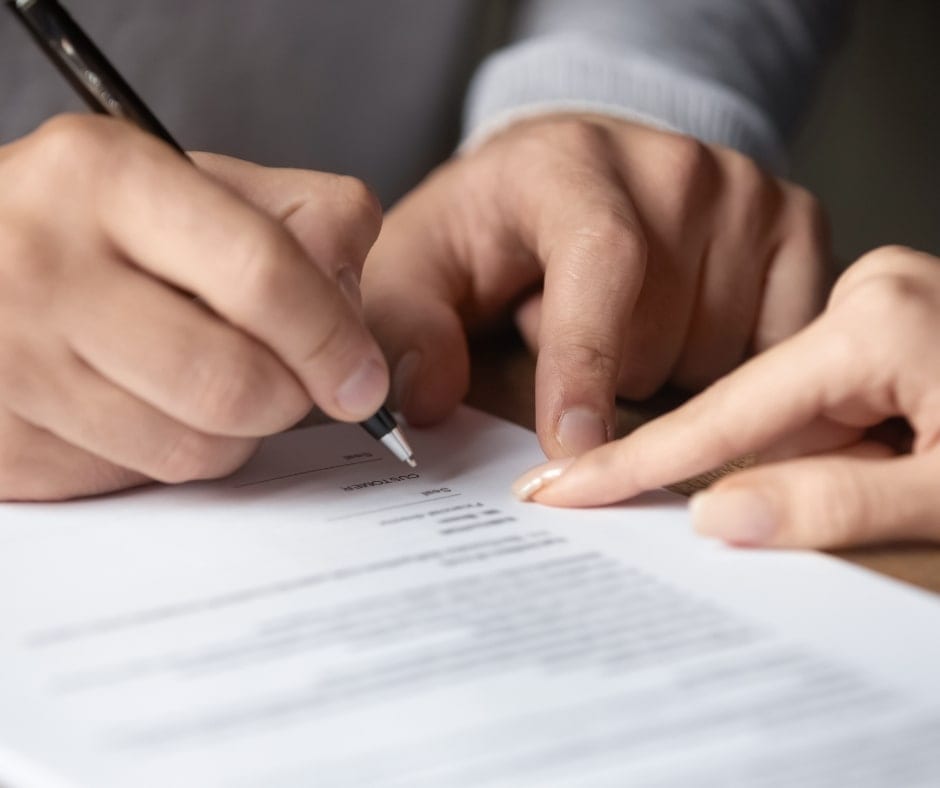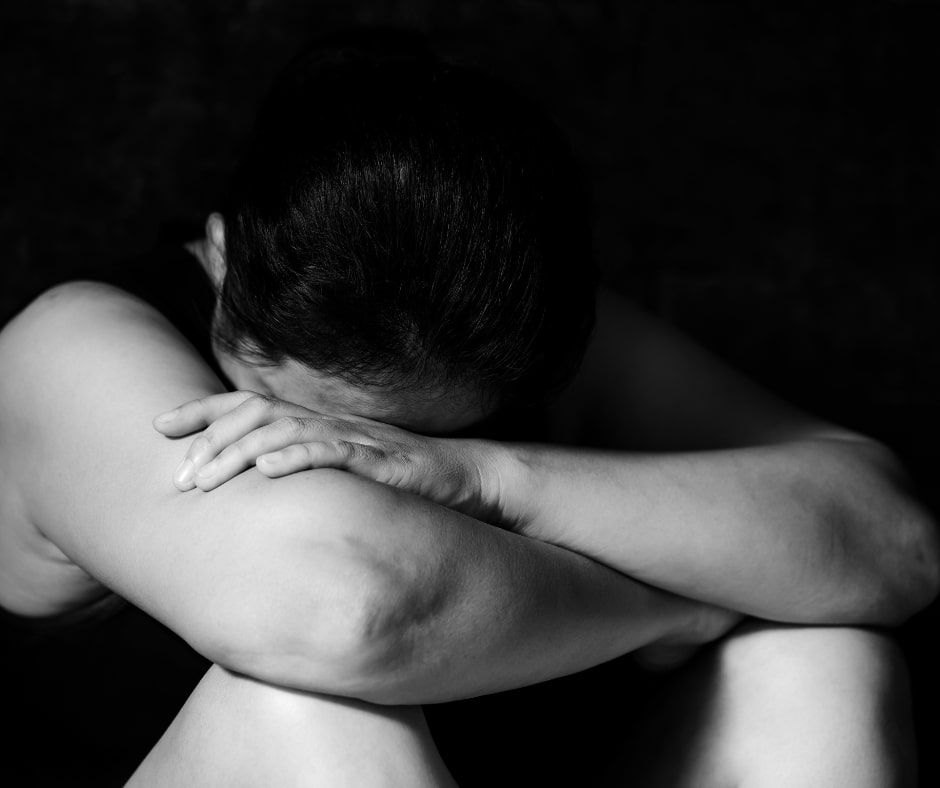What is Domestic Abuse
Domestic abuse could be emotional, psychological, verbal, physical and sexual abuse. Coercive control also constitutes as domestic abuse.
According to ONS, sadly of callers to the National Domestic Abuse Helpline in the year ending March 2022, where the abuse type was recorded: 82.3% experienced psychological or emotional abuse. 74.4% experienced controlling behaviour. 56.4% experienced threatening or intimidating behaviour.’[1]
Domestic abuse can be disguised, and the abuser usually hides behind a facade but there are early signs or red flags to look out for:
• Control: Does your partner want to control where you go, what you do, who you speak to, what to wear and excessively calls you when you are not in their company. This is controlling behaviour and an early sign of domestic abuse.
• Intimidation: Does your partner intentionally immediate you, make you feel scared around them, do you feel like you are constantly walking on eggshells? Perhaps your partner threatens you and reacts badly if you do not do as you are told. This is intimidation and controlling behaviour and an early sign of domestic abuse.
• Guilt: Does your partner make you feel guilty for some of your actions and their own. Perhaps your partner blames you for everything that goes wrong in theirs and your own life. Maybe your partner mistreats you and blames you for the mistreatment. This is gilt tripping and an early sign of domestic abuse.
• Over Affectionate: Is your partner over affectionate? Demanding affection and makes you feel uneasy or guilty if you are not responding in the same way. Does your partner buy you several gifts in exchange for affection? Perhaps your partner makes you feel guilty if you do not buy them a gift every so often. This is called being over affectionate and an early sign of domestic abuse.
• Isolation: Does your partner isolate you from your friends and family? Perhaps your partner tells you that you don’t need them, and they prevent you from spending time with family and friends. This is called isolation and is a sign of domestic abuse.
• Manipulation: Does your partner manipulate you, make you feel wrong for making a decision, blames you for any inconvenience, tell you that you don’t need your family and friends and says negative things about them. This is called manipulation and is an early sign of domestic abuse.
What’s the difference between the types of abuse?
The categories of abuse overlap, for instance psychological, emotional, and verbal abuse are interlinked and something like name calling will fall into all three categories.
• Emotional: Emotional abuse is when your partner intimidates you, makes you feel frightened and in fear. Your partner may try to isolate you from friends and family and make you feel inferior.
• Psychological: Psychological abuse is similar to emotional abuse and is when your partner puts you down, calls you names, makes you feel silly and questions your memory. Psychological abuse could also be your partner constantly commenting on your appearance and purposely making you feel insecure about your features.
• Verbal: Verbal abuse is similar to emotional and psychological abuse and is when your partner is verbally aggressive towards you, swears at you, usually calls you names.
• Physical: Physical abuse is the physical harm your partner causes to you. Many people who experience physical abuse will try to keep their bodies covered and will use makeup to cover up their marks.
• Sexual: Sexual abuse is when your partner forces you to engage in sexual activities with them. Your partner could make you feel guilty for not engaging in sexual activities and threaten to leave you if you do not conform to their sexual needs or desires.
• Coercive Control: Coercive control is similar to psychological abuse; your partner will try to control you, co tell your decisions, control who you talk to, where you go and what you wear. Your partner will also use fear to control you and may threaten to harm you if you do not abide to their control.
What are the effects of domestic abuse?
Domestic abuse can have long lasting effects, especially psychological effects. It’s always advisable to seek therapy/trauma therapy following experience of domestic abuse. The best way to access this therapy is through your GP who can advise you and make the referrals to therapeutics services on your behalf.
Remember domestic abuse doesn’t just happen between adults, children can be victims of domestic abuse through witnessing abuse or receiving abuse.
If you are a victim of domestic abuse and you require emergency protection, please contact our specialist family team who will advise you on how to protect yourself and your child(ren) from domestic abuse through a non-molestation order and/or an occupation order.
Call us today for tailored advice, we are always happy to help.
Written by Tashauna Fairweather – Solicitor
[1] ONS Domestic abuse victim services, England, and Wales: 2022










